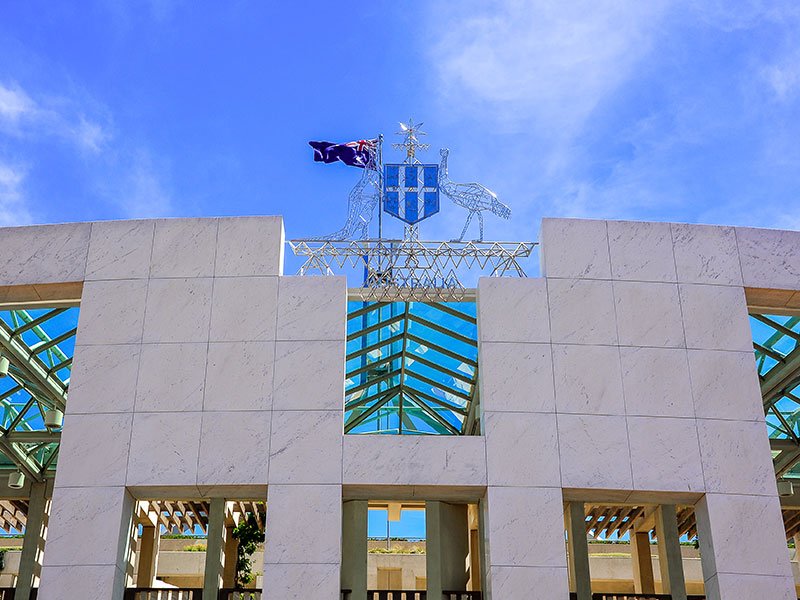Transparency in government must become an election issue to bring about meaningful change, according to experts, who expressed concern about an ongoing trend towards opacity and consequence free political scandals.
Former AFP counter terrorism officer turned political commentator Carrick Ryan, Centre for Public Integrity executive director Han Aulby and Centre for Digital Business chief executive Marie Johnson were guest experts on InnovationAus Public Interest Series webinar discussing transparency in government.
They said there was an urgent need to galvanise voters on the issues of accountability and transparency following a raft of political scandals amid increased opacity.
“Last year with the COVID pandemic, there was a big upward trend in the hiding of information and [more] opaque processes,” said Centre for Public Integrity executive director Han Aulby.
“And an increase in executive power, leading to limits on parliamentary scrutiny and public scrutiny of decisions and spending.”
Aulby’s independent think tank is monitoring the increased executive power and lack of scrutiny including how it relates to an increased “scale and regularity” of political scandals and allegations of corruption.
“Unfortunately, none of them have been investigated or had consequence to the point that we’d like to see,” Aulby said.
Last year saw various pork-barrelling scandals, an explosion in unaddressed FOI requests, higher than ever management consultancy fees, the continued lack of availability of real-time data on corporate donations to political parties – with the notion of federal Independent Commission Against Corruption (ICAC) kicked further down the road.
Such issues of integrity and accountability often do not get the ballot box attention they warrant, however, and advocates are struggling to get cut-through.
But the growing momentum against the culture towards women in Parliament House shows how quickly the public can be engaged and, potentially, swing votes.
“The hard part is getting in touch with those people that only think about politics, 30 seconds before they are actually voting,” Carrick Ryan said.
“We need [those voters] to really be aware of why it’s important, why transparency and accountability is important.”
Mr Ryan told the webinar the recent furore about the disrespect of women in politics could become a flashpoint for voters and demonstrated a potential path for the transparency issue.
“We need that [engagement] to spread to our other issues. Some people that would in the past go ‘ordinarily I would have voted for the LNP but based on this one issue: the fact that they’re not doing a federal ICAC, the fact that they’re not transparent, that’s going to change my vote.’
“They’re the people that we need to convince to think that way.”
The Centre for Digital Business’ Marie Johnson agreed transparency needed to become an election issue. She also warned of a concurrent and related problem further eroding trust in government: a degradation of capabilities in the public sector.
She argued a hollowing out of the public sector – particularly through the outsourcing to large consulting firms and tech giants – has reduced not only the sector’s internal capabilities on the sector but also the public’s trust in it to deliver safe, effective services.
“One of the pillars of our democracy is a strong, independent and appropriately skilled public sector for the decades ahead,” Ms Johnson said.
“Now, we have got this massive, massive gap [between public expectations and internal capabilities].”
Ms Johnson said more transparency and accountability in government would help re-establish both the capability and perception of the public sector.
“Not everything is corruption, some things are just unacceptable practices. Unacceptable in terms of over reliance on consultants and the hollowing out of capability in the APS. That gets a certain perception around trust.
“It’s not necessarily corruption but it plays into the public’s lack of trust, when they see these things happen.”
The post Make transparency an election issue to drive change appeared first on InnovationAus.
This post was originally published on InnovationAus.
